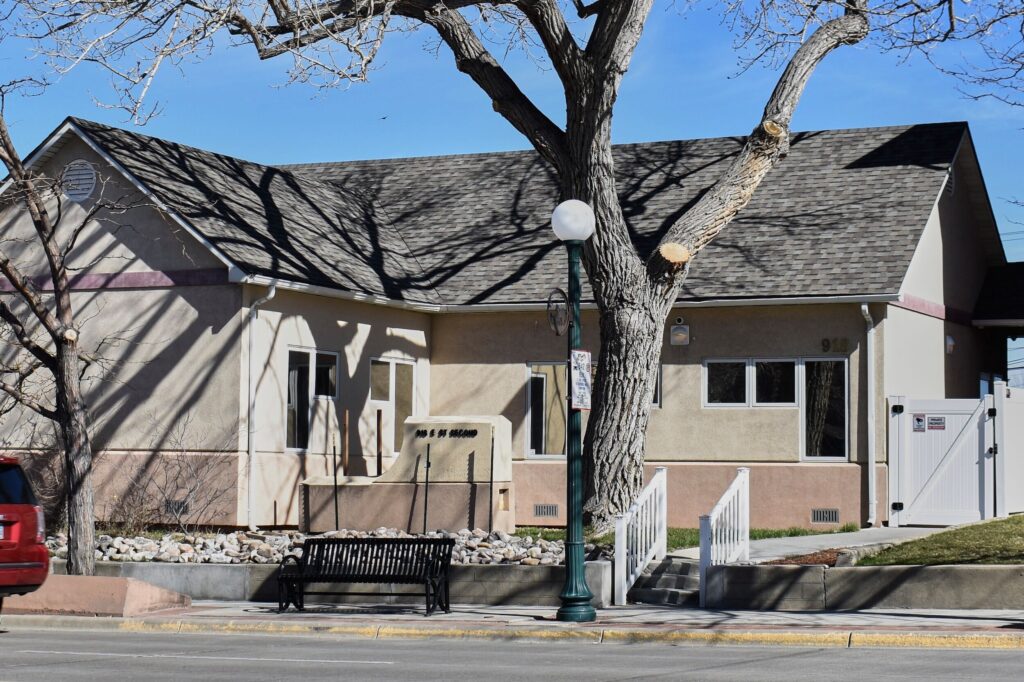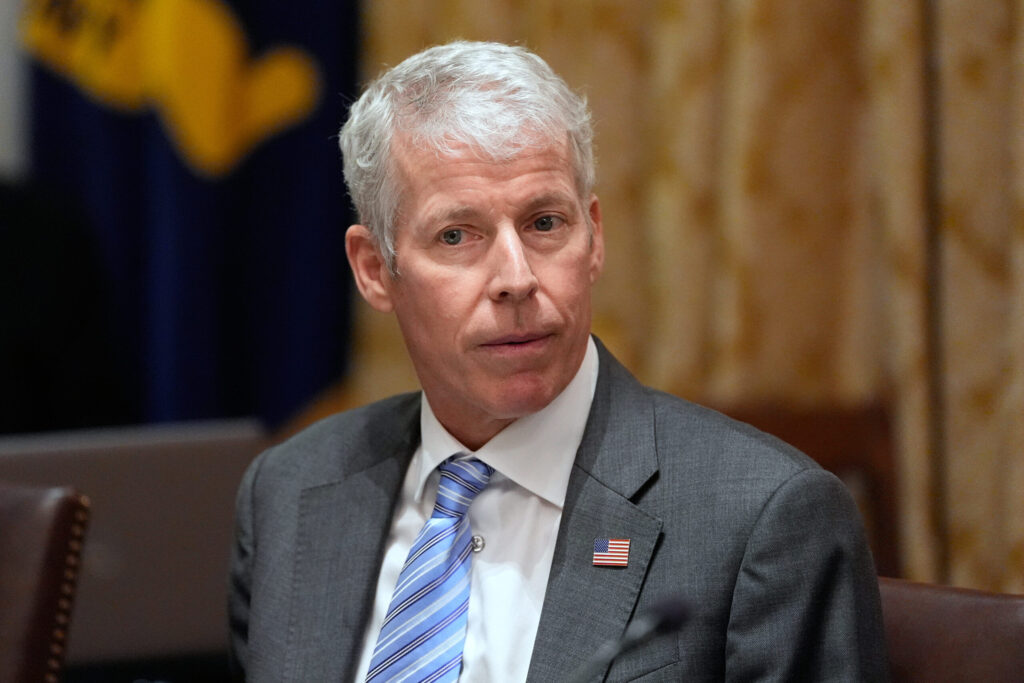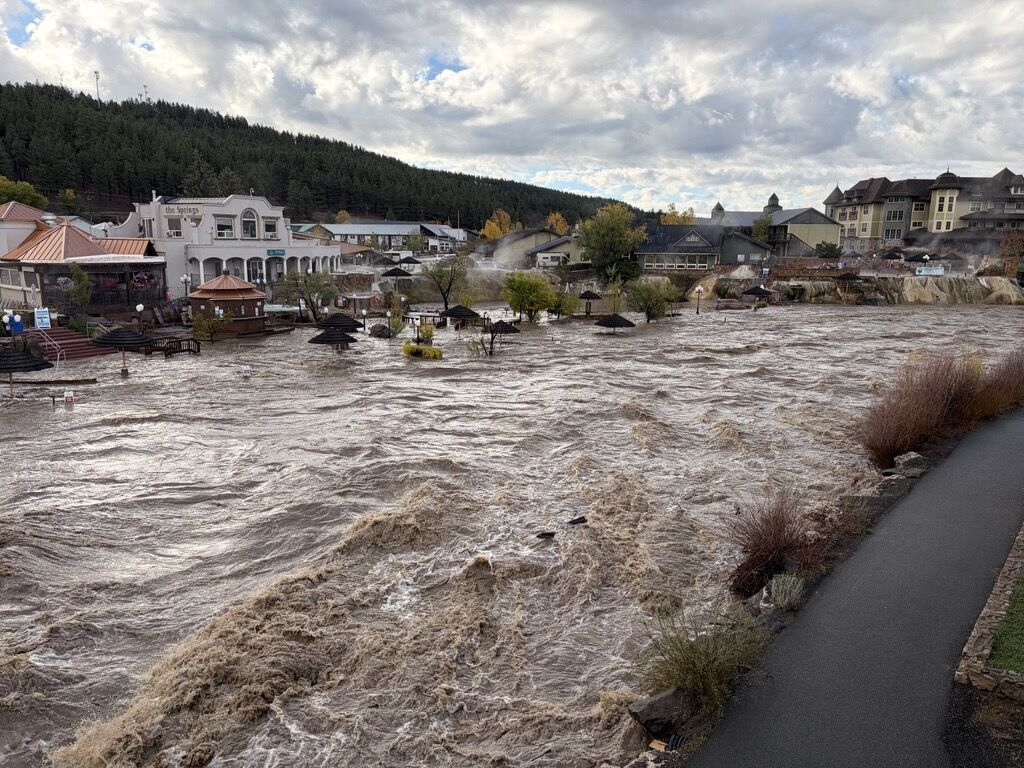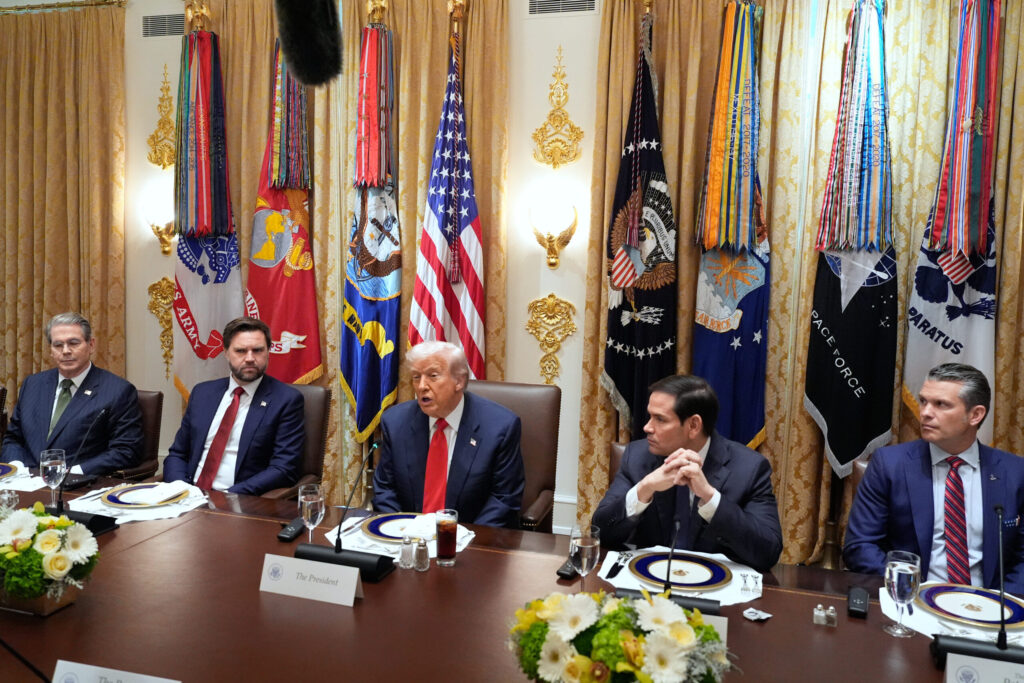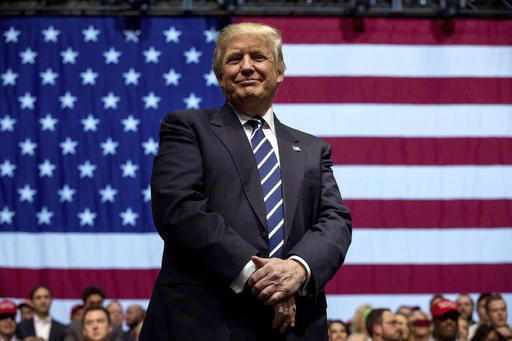Q&A with David Pourshoushtari | Life is too short for Twitter spats
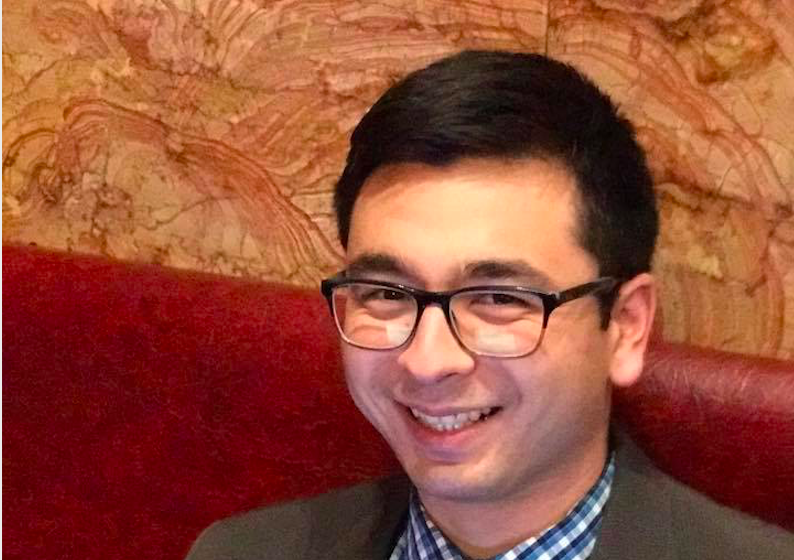
David Pourshoushtari can trace his lineage to Iran and Korea by way of the D.C. area. But if you ask the up-and-coming political messaging ace, now communications chief for the Colorado Democratic Party, he’ll tell you his true origins lie in the American Dream.
His immigrant parents worked hard at mom ‘n’ pop businesses, treated their employees “like family” and their customers with respect. He says it was that upbringing, perhaps more than anything, that influenced his outlook and eventually his politics.
“Hard work and dedication are important, but so is treating others with dignity and respect,” Pourshoushtari tells us. “That’s why I’ve found myself drawn to progressive political work.”
And he’s doing well at it. He has risen quickly from one post to the next in Colorado’s Democratic Party eco-system – and his contact info has become a must-have for the state’s political press corps. Which of course landed him on our radar for today’s Q&A.?
Colorado Politics: Give us your origin story – and specifically how you came to work in the communications trade on behalf of Democratic and center-left causes.
David Pourshoushtari: I grew up in Rockville, Maryland, and went to college at the University of Maryland-Baltimore County. After trying a few different majors like computer science and psychology, I came to find my calling in political science. Growing up right next to our nation’s capital, you are surrounded by politics, so it’s a wonder I didn’t go into the field sooner.
But I digress – after working for a small PR firm for about a year, I decided I really wanted to experience politics outside of the beltway. That ended up taking me to Connecticut in 2014, where I worked on the communications staff for Dan Malloy, the governor at the time who was running for re-election. That experience on that campaign really confirmed in my heart that this is the area I want to work in.
David Pourshoushtari
? Communications director for the Colorado Democratic Party.
? Led communications efforts for LGBTQ-advocacy group One Colorado in 2018.
? Communications chief for the Colorado Senate Democrats at the state Capitol, 2015-2017.
? Holds a political science degree from the University of Maryland.
CP: You mentioned in a profile by Colorado Politics’ Joey Bunch a while back that your dad is Iranian and your mom Korean. You literally have diversity in your genes. What impact did that heritage have on your politics and your involvement in contemporary civil-rights efforts – such as your time as communications director for One Colorado?
Pourshoushtari: It’s a bit cheesy to say, but my parents really do embody the American Dream. Two people from two very different countries immigrated to the U.S., met while working at a D.C. hotel, started a family, and opened their own small businesses.
My dad opened one of the area’s first video rental stores not named Blockbuster, and opened an Arby’s that he ran for 20 years until a few years ago when he decided to retire. My mom opened a party supply shop, and has gone on to become one of the area’s most accomplished event planners and decorators.
As small business owners, I watched them treat their employees like family – paying them fair wages and providing good benefits – while treating every customer who walked through their doors with respect. ?
Those values, and those memories of my parents working hard so that my sisters and I would have a better life, definitely influence my politics and worldview. Hard work and dedication are important, but so is treating others with dignity and respect. That’s why I’ve found myself drawn to progressive political work, and that made me want to work at an organization like One Colorado that fights for a more fair and just state for all. ?
CP: In that earlier interview you also offered a compelling insight into the relationship between modern American politics and social media – that it’s all too easy to get into a “Twitter-spat” from afar without having to deal with one’s adversaries face-to-face, as real people. You also offered a candid mea culpa, “I’ve absolutely been guilty of this, and knowing my profession, it probably won’t be the last time …”
Have you made efforts to kick the habit since then? Have Twitter and other social media tools done more harm than good by poisoning the well and snuffing out civil discourse?
?Pourshoushtari: I definitely try to approach political discussions on social media with a sense of humor and try to avoid the proverbial “Twitter-spat” whenever possible. Life is too short to find yourself spending hours on your phone or computer, tweeting angrily at someone you likely haven’t met, so I definitely have worked to use the medium for what I believe it was intended – exchanging and debating ideas and getting information out there.
I think, like with all new media, you have to take the good with the bad. Social media has galvanized discourse by virtue of the fact that everyone can now get involved in a conversation. But as we’ve seen with recent elections, social media can also be a way to spread misinformation, just like on television or radio. I think that’s why, at the end of the day, nothing will really ever replace having a solid, one-on-one conversation with another human being.
?CP: Speaking of civility, do you ever tire of the near-nonstop propaganda war – the arguably gratuitous adversarialism that always seems to be hunting for the next quick hit against the other side – which has come to dominate political communications? Is there any way in which you would like to see the tone of the political debate evolve, and what might you do to facilitate it in your new role with the state party?
?Pourshoushtari: I think one of the most underrated functions of a state party is how it serves as an information hub for those looking to get involved. We get calls from people all the time at the front desk, asking how they contact their member of Congress or how they can get involved in the lawmaking process or what ways they can volunteer their time and energy.
I’m of the opinion that the more people get involved, the better off we will all be as a country, so I’m excited to use my communications skills to help motivated Coloradans get involved in the process and increase civic engagement.
?I think it is troubling we have seen an overall escalation of political operatives with an attitude of “to hell with the facts” and just make up things as they go along to use as attacks against candidates. It is my hope we will see a little less of that next cycle.
?CP: Your day job aside, you’re also a voter. What issues as a private citizen would you like to see Colorado policy makers in the legislature and elsewhere take up and resolve?
?Pourshoushtari: Bread-and-butter issues like greater investment in K-12 education, paid sick leave, and tackling the opioid epidemic are absolutely at the top of my mind, but I particularly can’t wait to see the Birth Certificate Modernization Act passed this session. This is a bill that has been held up in the Republican-controlled state Senate for the past four years, and all it would do is make it easier for transgender Coloradans to update their gender on their birth certificate.
During my first year in the Senate (in 2016), then-state Sen. Jessie Ulibarri sponsored the bill and one of the witnesses supporting it was a 10-year-old transgender girl named Jude. She simply wanted a birth certificate that reflected who she was, without having to appear before a judge or go through surgery to have her birth certificate reflect her true self.
?The bill died that day. And again in 2017, and again in 2018. Each of those years, Jude came back with her mom, Jenna, asking for the bill to be passed, yet knowing she was sitting before the Republican Senate’s “kill committee.”
I never really understood why that one bill, which is very libertarian, could be justifiably halted year after year. But now, with Democratic majorities in the House and Senate, this bill will pass this year and make it to the governor’s desk – and I definitely can’t wait to watch it be signed into law.
?CP: What brought you to Colorado, and what has kept you here at least so far?
?Pourshoushtari: The mountains. I had lived in the east all my life and I was ready for a change. The politics, the people, and all the outdoor spaces have definitely kept me here.
?CP: What is your ultimate career aspiration, or have you developed one yet?
?Pourshoushtari: I think I’d like to follow in my parents’ footsteps and open my own small business someday – with mine being a communications shop. But who knows when that will happen!



